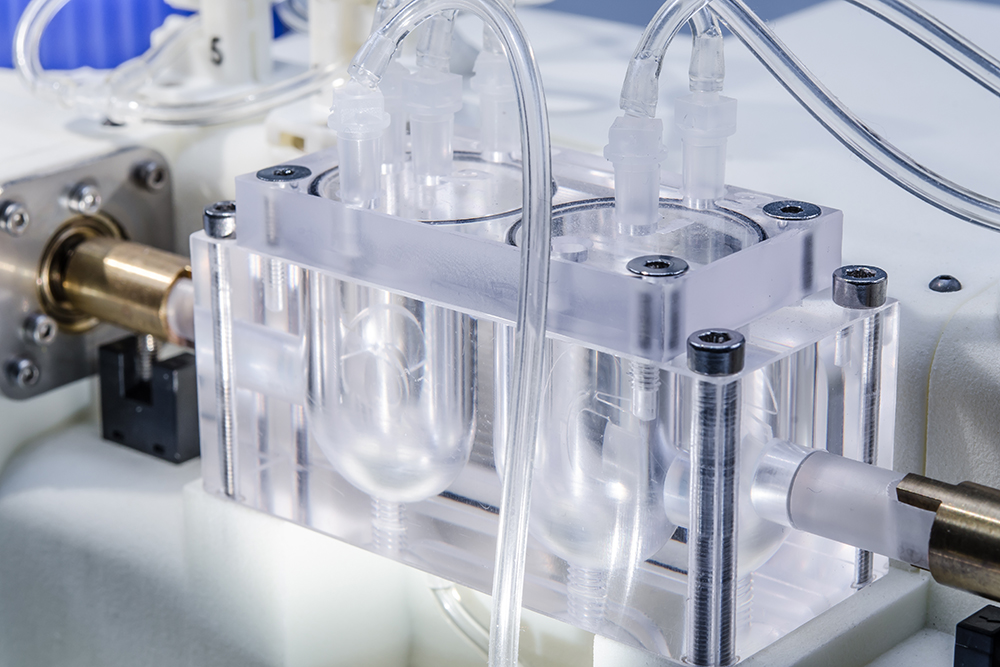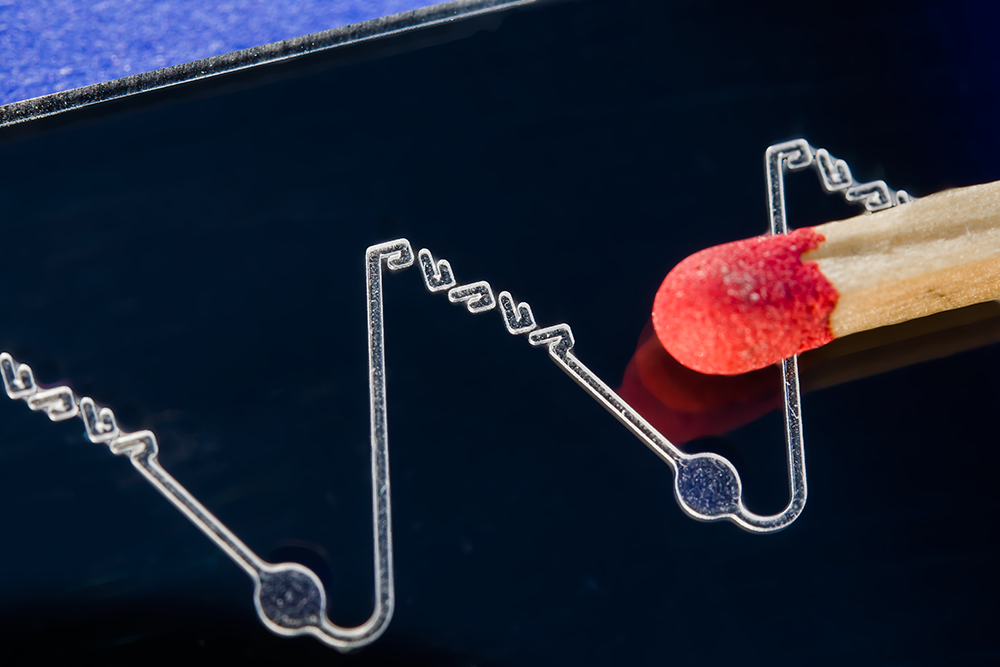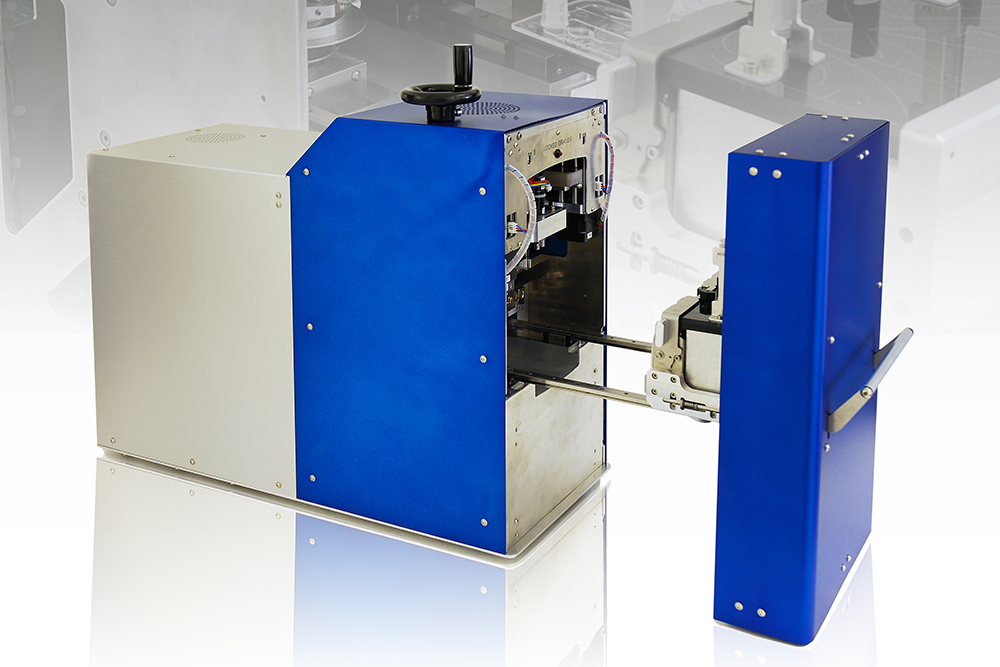Core process of many molecular biological detection reactions
Core part of any molecular biological detection method is the so called assay, a standardized reaction process to evidence a substance. Once the application setting changes usually the biochemical processes have to be adapted. A mere adjustment of the automation hardware is, however, not sufficient. Some steps of the assay need to be modified as well. Due to our almost 15 years of project experience we know the specific requirements very well that occur when executing a biochemical process in a lab-on-a-chip or in the automation field. Our expertise as well as the comprehensive and at the same time profound understanding of the assay development in combination with our experience in the field of systems engineering allows a successful assay modification as well as its microfluidic integration.
Your advantage
- We adapt your assay to an automation or microfluidic environment, alternatively we develop your assay specifically according to your analytical problem,
- due to our automation and polymer fabrication skills we can directly integrate and test an assay into a new application environment,
- all assays are verified in feasibility studies and are further optimized upon need.
Our success factors
- More than 15 years of practical experience in dealing with biochemical assays, their development and advancement,
- experienced interdisciplinary team of biologists, chemists and biotechnologists,
- involvement of the customer in all important steps of the development process.
In order to perform the work we have a biological laboratory complying with biosafety level 1 according to genetic engineering and biological agents regulations as well as profound knowledge in microbiology, especially cell culture and culturing of bacteria. Our equipment also comprises qPCR systems, fluorescence microscopes and flow cytometers.
Typical questions
- Nucleic acid based tests and their integration into microfluidic cartridges (including sample preparation and extraction, amplification and lyophilization of reagents),
- immunomagnetic cell separation,
- cost-efficient large volume plasmid DNA isolation (out of one liter of bacterial culture),
- development and integration of ELISA based assays,
- enrichment and analysis of proteins and cells/bacteria from a large volume (without chromatographic methods and centrifugation).
 Fraunhofer Institute for Microengineering and Microsystems IMM
Fraunhofer Institute for Microengineering and Microsystems IMM

